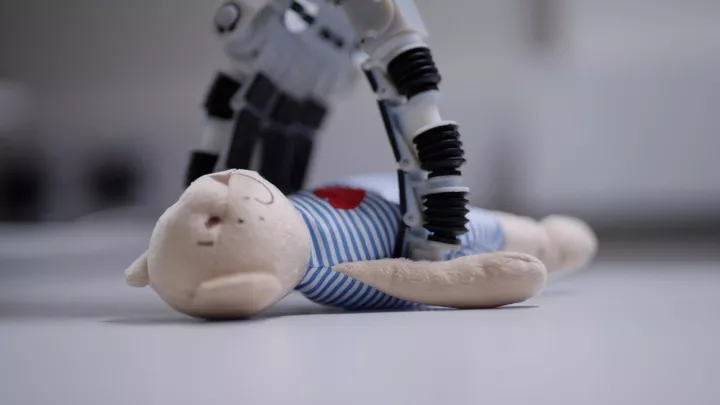
When it comes to Dyson, many people immediately think of its dominant product - the vacuum cleaner. But take a closer look at the new products launched by Dyson in the past few years, hair dryers, curling irons, bladeless fans, air purifying headphones ...... It is not difficult to find that the brand's 'ambition' is getting bigger and bigger, and now it is even 'secretly' developing household robots.
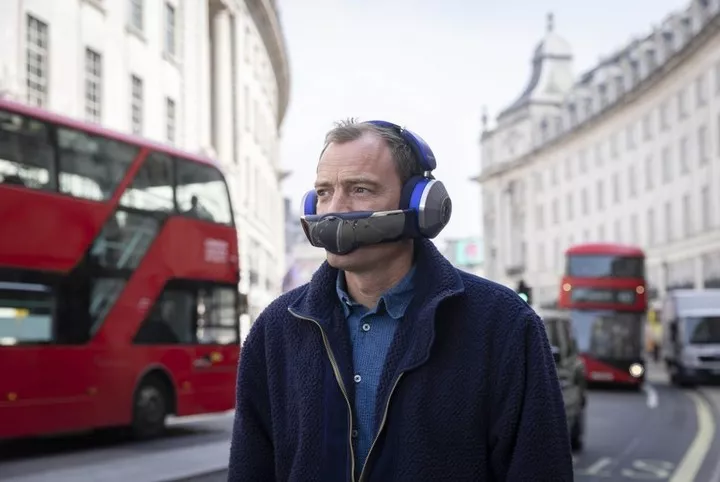
▲Image from: Dyson
At the ICRA 2022 (International Conference on Robotics and Automation) in Philadelphia, Pennsylvania not long ago, Dyson revealed information that the company is accelerating the development of an autonomous device capable of completing household and other tasks, and judging from the video Dyson posted on the web about it, it's a multi-purpose household robot.
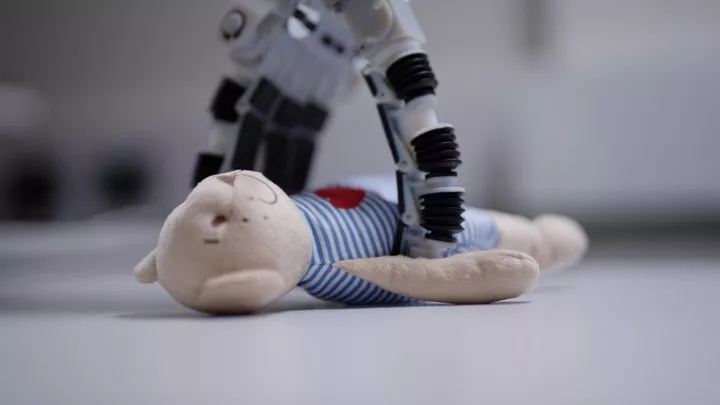
▲Image from: Dyson
This device being developed by Dyson is a prototype of a housework robot designed to resemble a 'robot hand'. With the help of a robotic arm, it can grab many different forms of objects, it can grab a teddy bear and put it in a storage bin, it can grab dishes such as plates or cups from a cutlery rack, or it can grab bottles of detergent ......
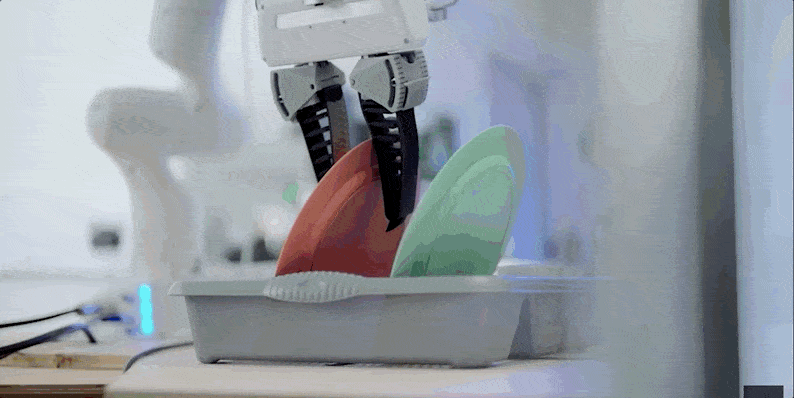
▲Image from: Dyson
Dyson's previous vacuum cleaners were powerful, but they always required a human hand to operate. In addition to moving objects, this household robot also "frees" the hand that needs to hold the vacuum cleaner, using 3D technology to "scan" and clean the sofa, and those snack crumbs that are normally hard to find in the cracks and crevices will not escape this vacuum cleaner robot arm.
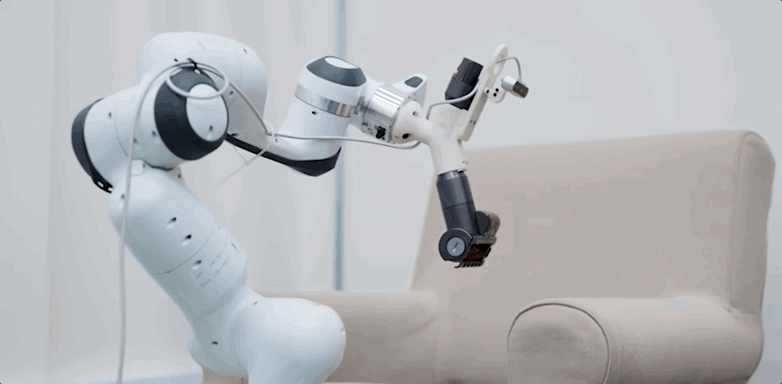
▲Image from: Dyson
Dyson has also invested heavily in building this mysterious housekeeping robot. Hullavington Airfield in Wiltshire, UK, is a former RAF base and the largest and most advanced robotics centre in the UK to be created by Dyson.
But to drive research across Dyson in areas such as mechanical engineering, vision systems, machine learning and energy storage, and to achieve its goal of bringing technology into the home by the end of the century, Dyson will need more than just space, it will need more talent.
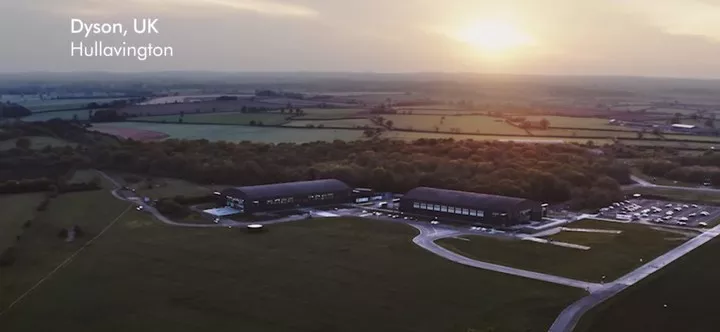
▲Image from: Dyson
Dyson, which hired its first robotics expert 20 years ago, has 2,000 people on board this year alone, 50% of whom are engineers, scientists and programmers. To realise its 'ambitions' in robotics, Dyson is hiring 250 robotics engineers in disciplines such as computer vision, machine learning, sensors and mechatronics, with a further 700 expected to be hired in related fields over the next five years.
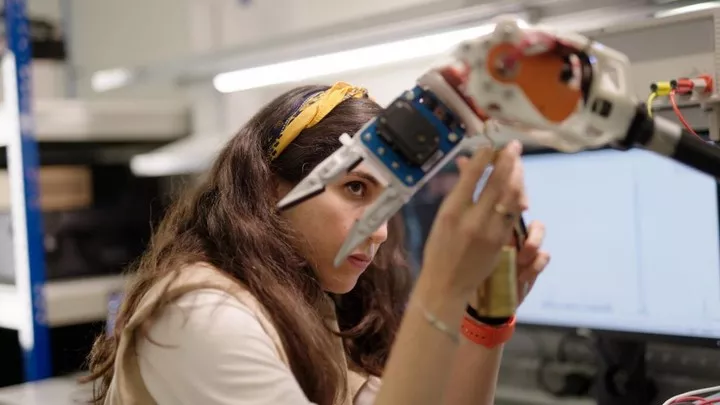
▲Image from: Dyson
Not only that, but Dyson is planning to invest £2.75 billion (including £600 million this year) in new technology, products and facilities investment programmes over the next few years, with the robots currently being developed as part of the programme.
Currently, the only Dyson products that can be classified as robots are sweepers for floor cleaning, the first in the range being the DC06, which was designed 20 years ago. Dyson's chief engineer, Jake Dyson, has said that, like wearables, robots are the future of Dyson.
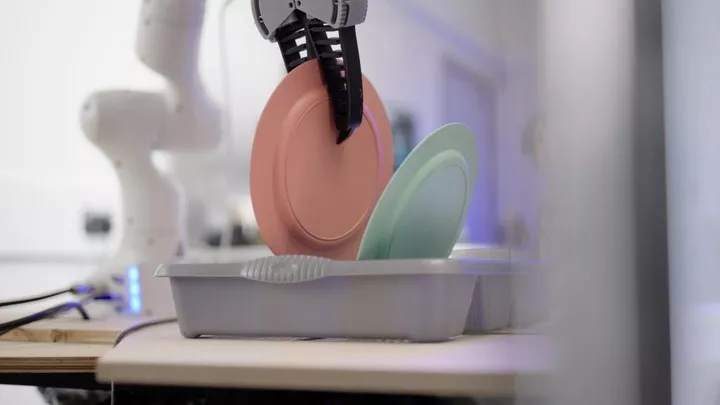
▲Image from: Dyson
Perhaps it won't be long before we see Dyson's chore robots moving around the house, 'grabbing' and 'throwing' people away from the drudgery of housework.